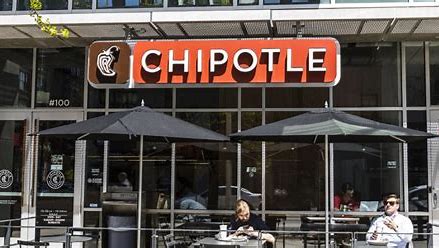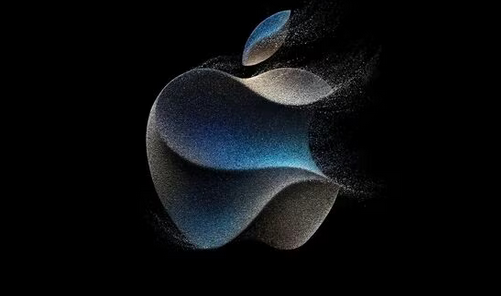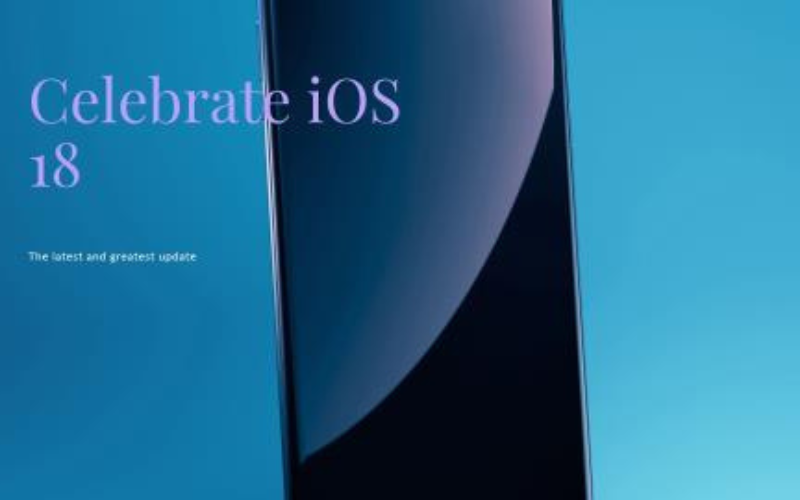Starbucks‘ newly appointed CEO, Brian Niccol, has come under scrutiny after it was revealed that he will commute nearly 1,000 miles from his Newport Beach, California home to the coffee giant’s headquarters in Seattle using a corporate jet. Critics on social media have pointed out the inconsistency between Starbucks’ public commitment to sustainability and the travel habits of its top executives.
Niccol, who will officially take over the reins on September 9, faces mounting pressure as many see his long-distance commute as contradictory to the company’s environmental stance. Starbucks, known for promoting eco-friendly initiatives, has yet to respond to the backlash.
The controversy stems from Niccol’s employment terms, which state that he is not required to relocate to Seattle but will commute as necessary. His job offer specifies that he will be allowed to use the company’s aircraft for “business-related travel” and for commuting between his residence and Starbucks’ headquarters. Additionally, the company plans to establish a small remote office in Newport Beach for Niccol to work from while in California.
Social Media Outrage
The news of Niccol’s “supercommute” sparked a wave of criticism online. Many users on X (formerly Twitter) voiced their concerns over the apparent hypocrisy of Starbucks touting sustainability while facilitating such a carbon-heavy commute for its CEO.
One user sarcastically commented, “That’s nice… good convenience for top talent! But hope we don’t see too many new ‘sustainability’ and ‘environment’ related ads from @starbucks? Wink.” Another added, “The new Starbucks CEO is ‘supercommuting’ 1,000 miles to Seattle on a private jet to work, so don’t be too harsh on that waitress who gave you a plastic straw when you didn’t want one.”
Former U.S. Secretary of Labor Robert Reich also weighed in, criticizing the CEO’s pay amidst rising consumer prices. “How come we never talk about CEO pay when we talk about rising prices?” Reich posted.
Niccol’s Compensation Package
As Starbucks faces increasing scrutiny over its sustainability practices, the focus has also shifted to Niccol’s substantial pay package. His base salary is set at $1.6 million annually, with the potential for an additional $7.2 million in performance-related bonuses. On top of that, he could receive up to $23 million in Starbucks stock.
These figures have fueled further criticism, particularly in light of a 2021 United Nations report that found the wealthiest 1% of the world’s population produces double the combined carbon emissions of the poorest 50%.
Niccol’s Track Record
Before joining Starbucks, Brian Niccol was the CEO of Chipotle Mexican Grill, where he led the company through a significant turnaround following a series of food safety crises. Under his leadership, Chipotle saw its sales double, and the company’s stock surged from less than $7 to over $50. During his tenure, Chipotle also opened nearly 1,000 new stores and introduced new technologies to streamline food preparation.
As Starbucks looks to rejuvenate its own flagging sales, many are hopeful that Niccol’s leadership will bring a similar resurgence. However, his travel habits and compensation package have already made him a lightning rod for criticism, particularly in an era where corporate accountability and environmental responsibility are under intense scrutiny.
The controversy around Brian Niccol’s decision to commute via private jet stems from several key points:
- Environmental Impact: Starbucks has made strong commitments to sustainability and reducing its carbon footprint. A CEO commuting by private jet contradicts these goals, as private jets are known for their high carbon emissions.
- Public Perception: This decision can be seen as out of touch with the company’s values and the broader societal push towards more environmentally friendly practices. It may also appear as a misuse of company resources.
- Corporate Responsibility: As a leader, Niccol’s actions are under scrutiny. His choices set an example for the rest of the company and its stakeholders. This decision could undermine the credibility of Starbucks’ sustainability initiatives.
- Cost: The financial cost of such commutes can be significant, raising questions about the efficient use of company funds, especially when many companies are focusing on cost-cutting measures.
What do you think about the balance between corporate leadership and personal convenience?
Looking Ahead
Starbucks is expected to continue grappling with the tension between its sustainability goals and the actions of its leadership. As Niccol assumes the CEO role, the company will likely face ongoing pressure to align its executive practices with its public messaging on green issues. Whether Starbucks can successfully navigate this challenge while boosting sales remains to be seen.


